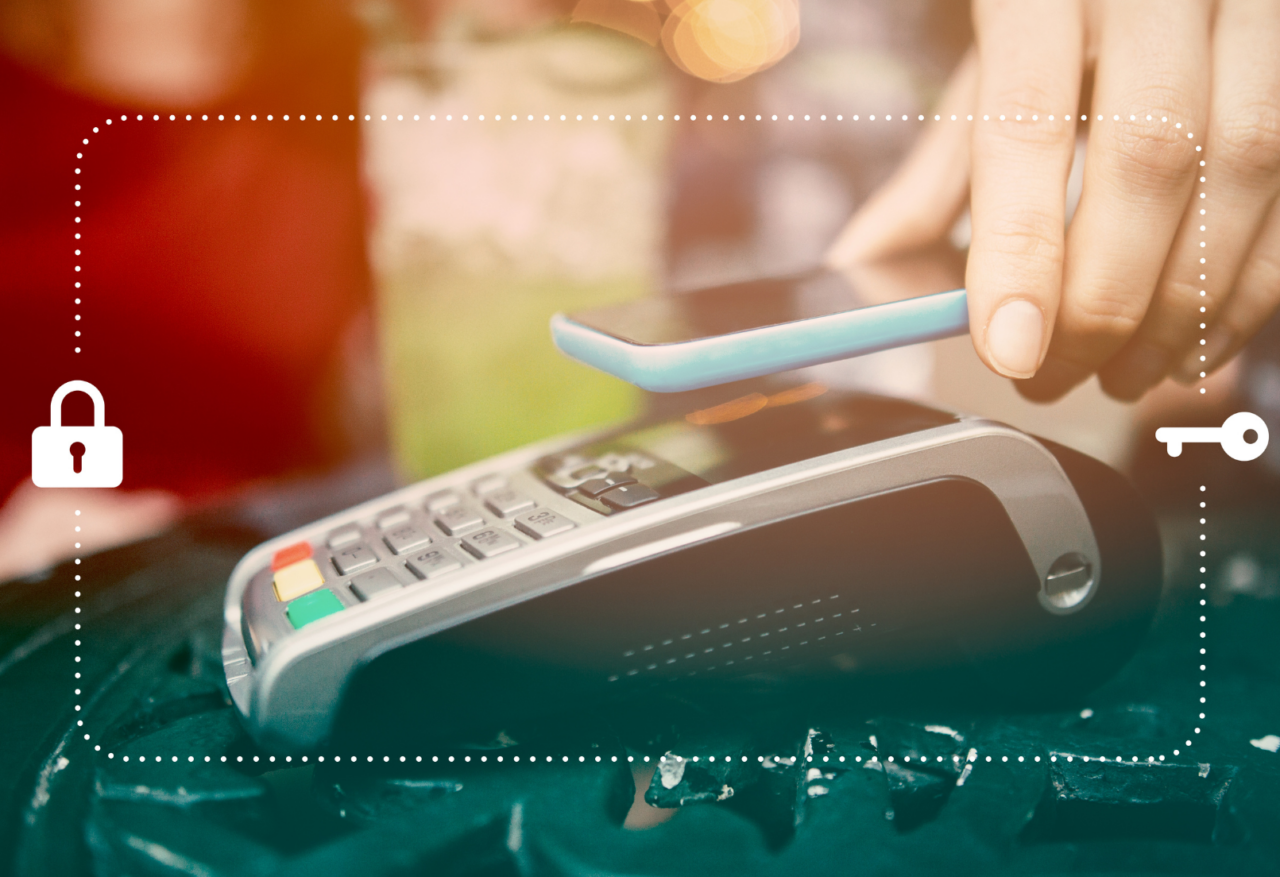Card-not-present transactions – credit and debit card transactions where the card is not physically present and swiped at the time of the sale – are becoming more common as companies are embracing the internet and alternate forms of payment. According to the Federal Reserve, there are more than 11 billion card-not-present transactions per year – a figure that has increased 8% per year since 2009. This type of transaction is particularly vulnerable to fraud, and the Federal Reserve estimates that card-not-present fraud is three times more likely than card-present fraud.
All in all, there are over 28 million unauthorized credit and debit card transactions totaling nearly $4 billion every year. If businesses do not take the necessary steps to mitigate the risk of fraud they could find themselves held financially responsible. The problem is exacerbated for merchants who still collect their customers’ credit card and bank information using antiquated and unsecure methods (such as faxed credit card authorization forms or collecting information over the phone) where the card information, including account number, address, and even CVV, are not stored in a secure manner. So how do merchants who primarily process card-not-present methods protect themselves and their customers from becoming victims of fraud?
The answer is simple. Merchants such as these should be using payment links, which are designed to be sent via email or text. These payment links can replace less secure and outdated payment methods and completely eliminate the need for merchants to collect and store their customers’ payment information. Consumers click on the payment link and are directed to the merchant’s secure hosted PaidYET paypage where the payment information can be submitted. Since the paypage is hosted on our secure payments platform which utilizes 256-bit encryption and full tokenization technology, the merchant never sees credit card numbers or bank information.
The payment links and paypages provided by PaidYET are customizable and the sign up process can be completed much faster than a traditional merchant account – typically within 24 to 48 hours. The platform is completely PCI compliant and protects merchant and cardholder information using bank-level security. Additional features include instant email and text receipts, automatic billing, payment reminders, and expired card updater, amongst others – is available to every merchant. Cardholders can utilize PaidYET’s eWallet with patent-pending one-click payments and never have to be concerned about sharing their data again.
Developers and technologists are not immune to liability issues either. Applications that use built-in payments and/or host their own payment pages take on an additional level of risk that can be mitigated by outsourcing their payment solution to a company like PaidYET.
Merchants get paid faster by using PaidYET instead of an outdated method of collecting payments because a payment link can be received by a customer in seconds; merchants can even incentivize their customers to pay quickly by offering discounts for paying within a certain amount of time. This helps the business improve their cash flow and reduces the amount of work that must be put into collections. Merchants feel safer knowing that they do not have to worry about the loss or theft of credit card and bank information, and consumers get peace of mind knowing that a PCI compliant payment service provider will keep their information secure. For both merchants and cardholders, PaidYET offers full back-end reporting to help them track and manage their past, present, and future transactions.
In this day and age, no business should be using an antiquated or unsecure mode of getting paid. Switching to a modern platform like PaidYET has numerous advantages and allows merchants to put more focus on their core business rather than worrying about collections and accounts receivable. As we at PaidYET like to say, “If you make it easy for your customers to pay, they will.”



